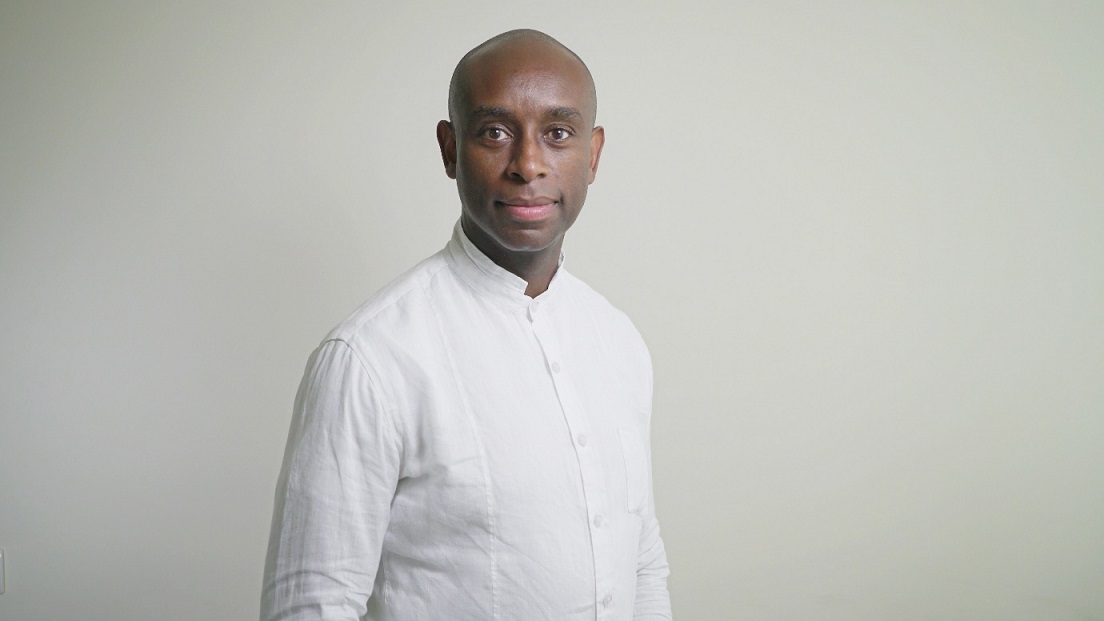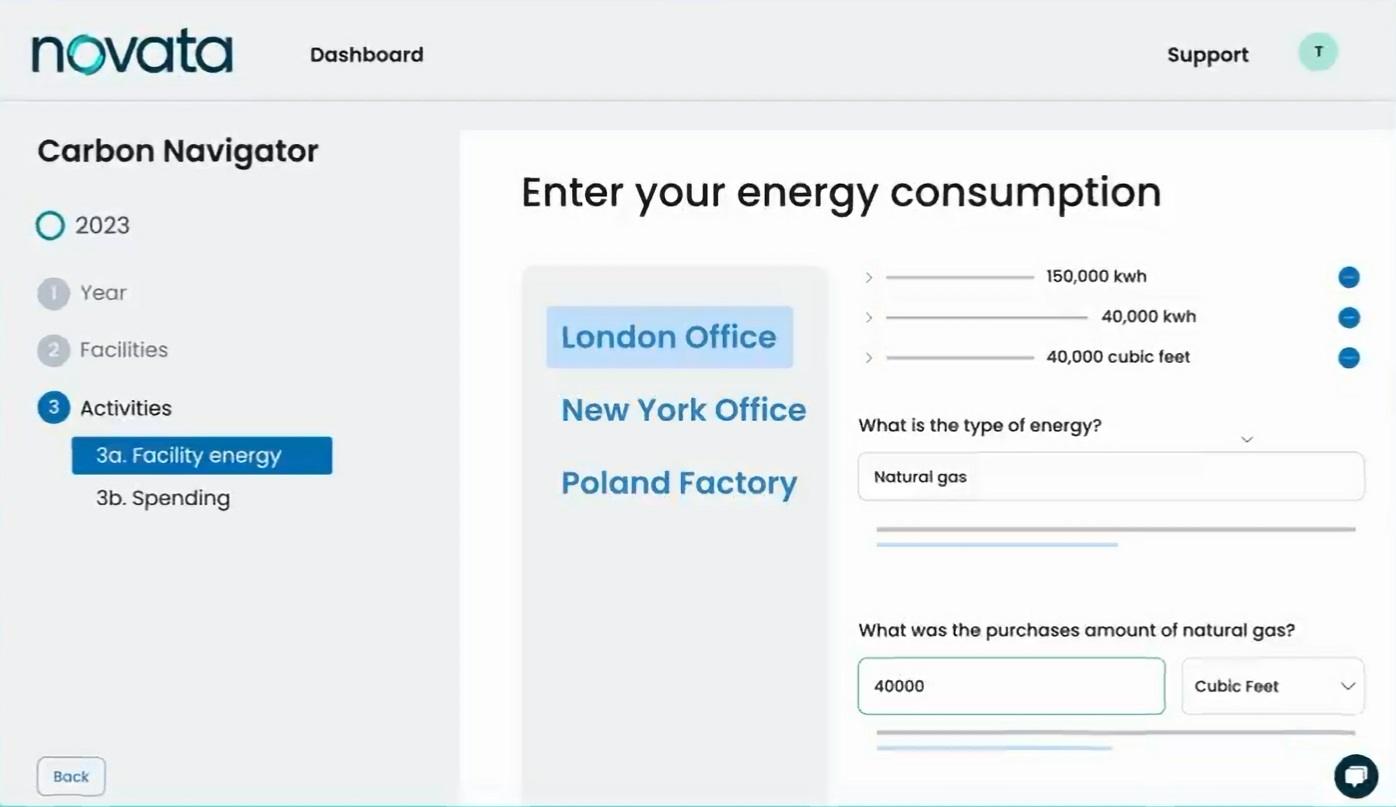Guest Post: ISSB Standards Week – A Pivotal Moment to Tackle Some of Society’s Biggest Challenges
By: John McCalla-Leacy, Head of Global ESG at KPMG
The news agenda is filled with discussions about the climate crisis and the business world’s response to ESG challenges. We hear leaders – from the political and business worlds – full of great intentions. However, transforming enthusiasm into impactful action is often the biggest blocker to much needed change.
In Late 2021 the International Sustainability Standards Board (ISSB) was set up to enable the move towards aligned global action on what companies report. This week, after a period of in-depth planning, meetings and negotiations, it’s publishing its global standards – effectively a framework for companies throughout the planet to explain clearly and consistently the effects that ESG matters have on their business now and into the future – and what they are doing to manage those effects.
Attempting to create a consistent international approach for business leaders is nothing new – but there is a real sense that the ISSB’s actions could finally result in a transformation of how the business world consistently and transparently communicates and is judged on its actions.
As KPMG’s Head of Global ESG, I’m increasingly inspired by the actions of CEOs, board rooms and other key stakeholders to drive positive change. I can also see the challenges facing truly purpose-driven organizations who are unable to demonstrate their societal value and may be accused of ‘tokenism’ or even ‘green washing’. The ‘cherry picking’ of a so-called ‘alphabet soup’ of standards and the confusing landscape of reporting that results is having a huge negative impact on trust, and transformation to more consistent reporting is long overdue.
A climate standard will play a major role in the ISSB’s announcements this week and rightly so, but it’s reassuring to see that the ‘S’ in ESG has also played its part in motivating the organization’s strategy.
I’ve spoken extensively about my own experiences and challenges developing my career as a person of black heritage and from a working-class background. The climate and societal inequality are inextricably linked. An environmental crisis – often driven by the most wealthy nations – simply adds to the challenges facing developing nations, who, themselves often struggle to have their voices heard – slowing progress towards an inclusive and Just Transition to a low carbon economy.
It is now for jurisdictions and regulators to play their part and mandate these standards, which are designed to be globally relevant and achievable. Politicians need to act now, and use these standards to ensure that the global reporting landscape is firmly anchored to this baseline. If this happens, the standards will genuinely impact every single citizen on the planet.
For businesses, it’s a moment to shine. We can become the drivers for change– delivering the most clear narrative on what we’re doing to tackle social change and the climate crisis with tangible evidence. For the first time in our history, investors and stakeholders will be able to pick and choose who they work with, based on consistent and easy-to-understand data that follows the same principles, regardless of territory or sector.
The moment for change has arrived. It’s time for business leaders to embrace the opportunity.
John McCalla-Leacy is KPMG’s Head of Global ESG.





